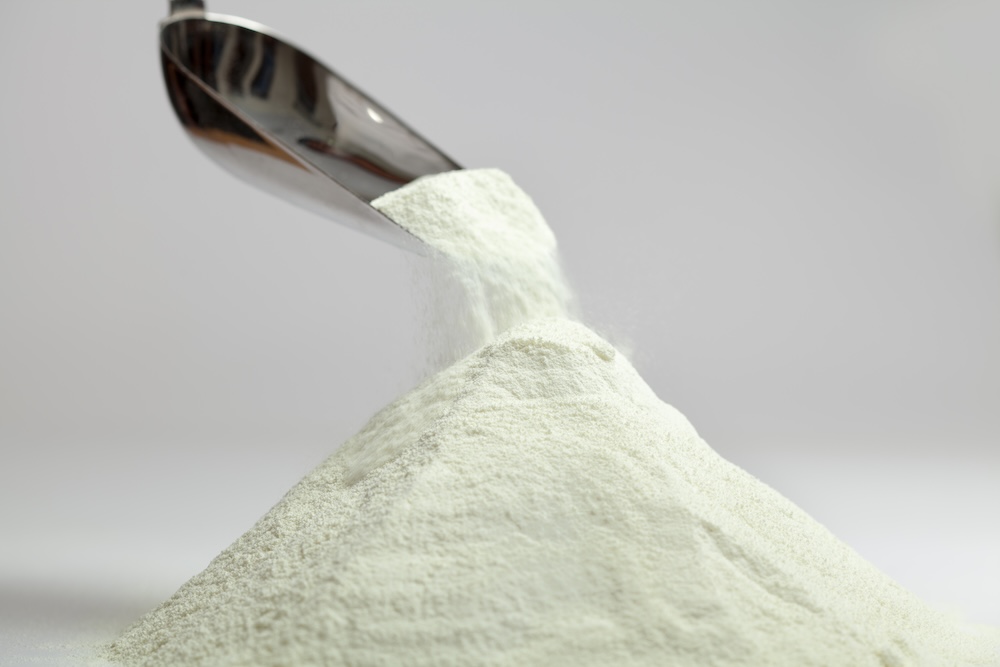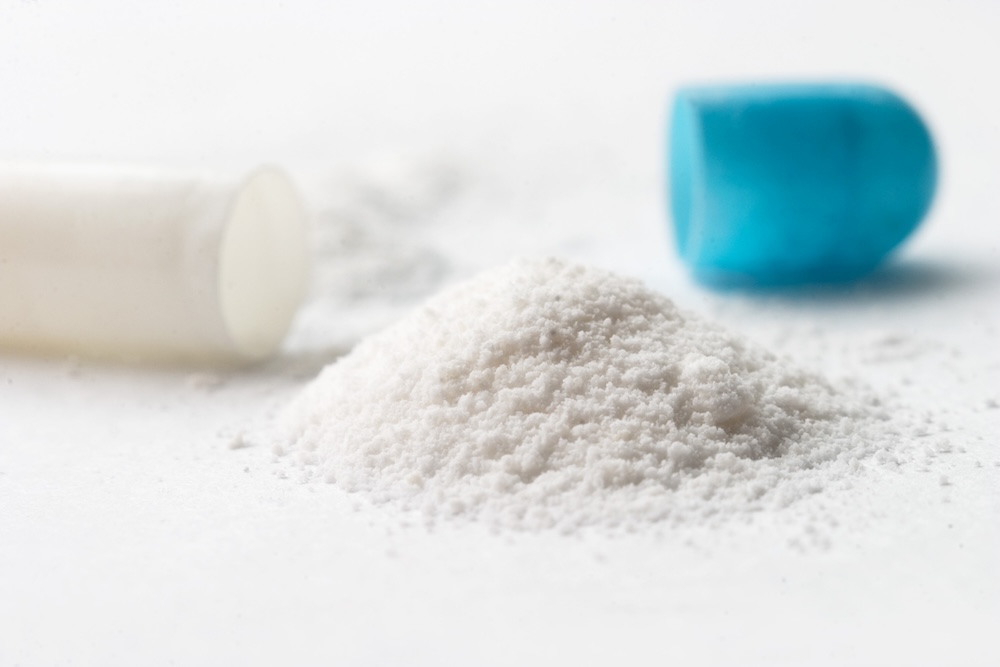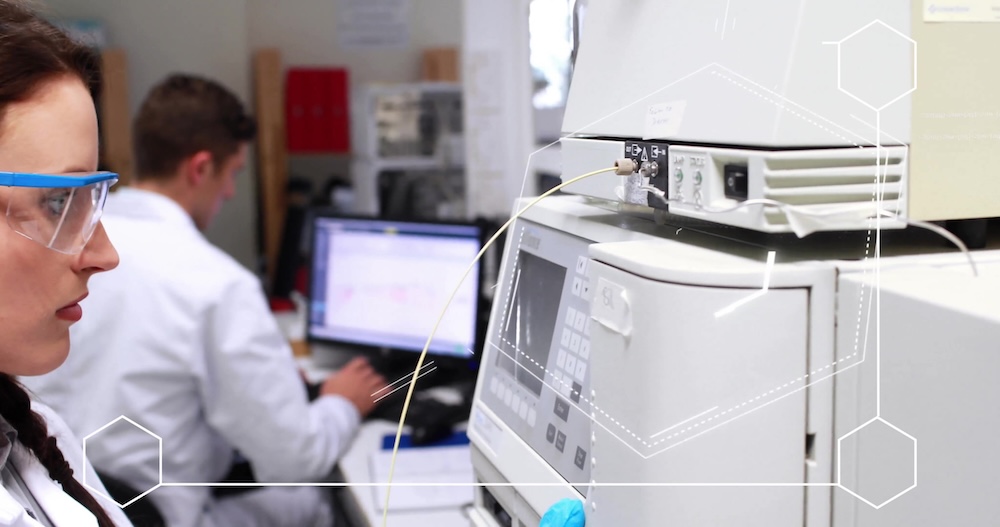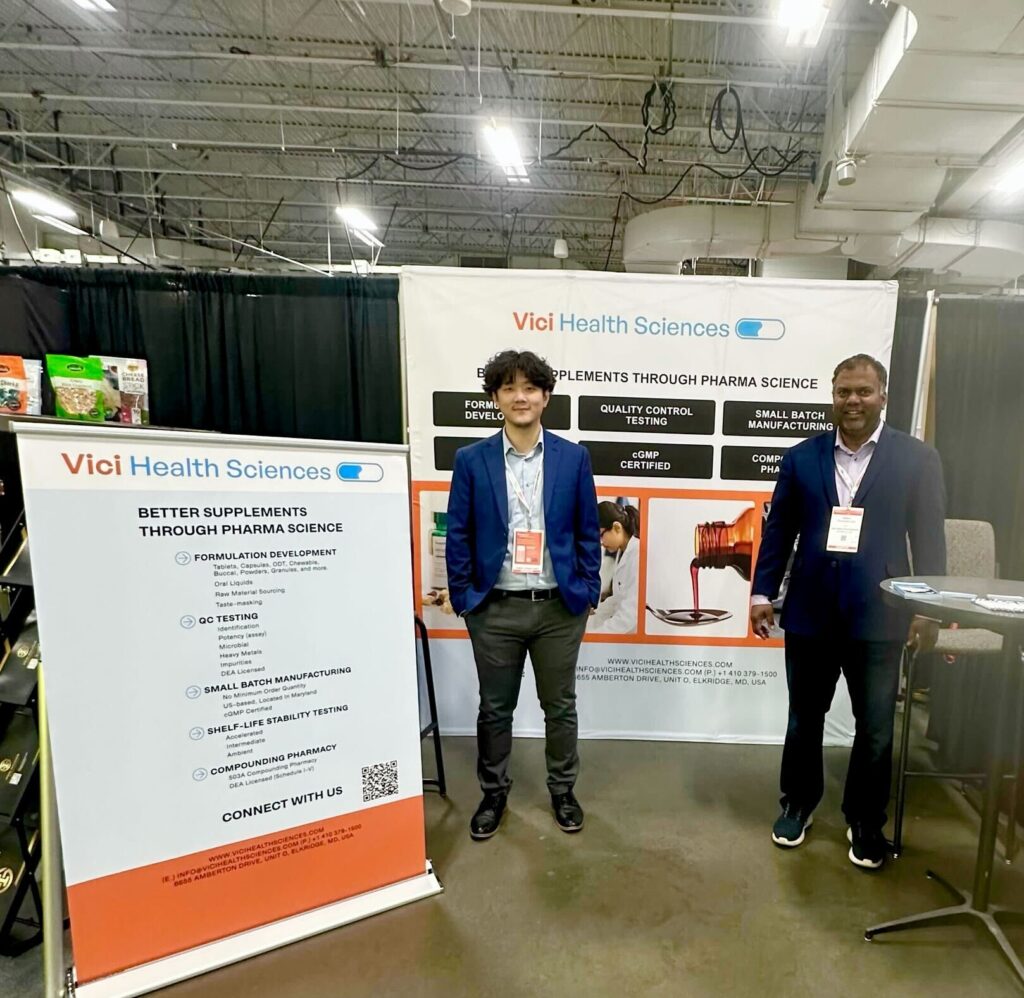Why must companies consider formulation patents?
Pharmaceutical drug development is a costly endeavor. It is critical that pharmaceutical companies secure return on investment in their innovation. Valuation of smaller, pre-revenue companies often depends on the quantity and quality of relevant intellectual property (IP) they own. Formulation development requires innovation and problem-solving, resulting in surprising results that lead to IP creation opportunities.
Which pharmaceutical products benefit most from formulation patents?
All therapeutic agents are specifically formulated prior to FDA approval and market launch. As such, all pharmaceutical products benefit from IP protection. For novel NCE (new chemical entity) 505(b)(1) products, the obvious choice is to file for or license a patent covering the molecular structure of the therapeutic agent. This is the strongest possible IP. This is not possible for 505(b)(2) developers, for whom method of use, indication, and formulation patents become critical. This also holds true for 505(b)(1) developers who are not working with novel molecules.
Are formulation patents necessary for novel NCE 505(b)(1) products?
Yes. Typically, formulation innovations are conceived a few years after a molecule is originally designed, synthesized, and patented. Thus, formulation patents offer exclusivity extension opportunities for sponsors of such products.
When should companies apply for formulation patents?
The best strategy is to apply for provisional patents as soon as the formulation concept becomes clear. The cost and work necessary for provisional patent applications are low when compared to the strategic benefit they provide in terms of company valuation and PR opportunity. Upon applying for the provisional patent, the sponsor has a year for the developer to optimize the formulation.
How do formulation patents extend market exclusivity?
The IP strategy to ensure market exclusivity goes hand in hand with regulatory means of receiving market exclusivity. Under the legal framework of the Hatch-Waxman Amendments, listing patents in the FDA Orange Book will typically allow the NDA and patent holder to seek a 30 month stay when a generic filer undertakes a Paragraph IV challenge. This provides valuable market exclusivity during this period that may be the difference between profitability and loss for such products. Additionally, the mere listing of patents in the orange book would deter or slow down generic developers from embarking on a costly Paragraph IV development program, thereby allowing the innovator to secure return on investment and profit on their initial investment.
What must companies look for in their formulation development teams in terms of patent filing?
Working with a formulation development team that has experience undertaking preliminary freedom-to-operate (FTO) analysis, filing for formulation patents across different dosage forms, and having the foresight and understanding of strategies typically used by generic competitors looking to overcome IP is essential. Vici Health Sciences has a formulation team experienced in helping sponsors and clients secure strong IP, protecting their innovation and providing extended market exclusivity.





